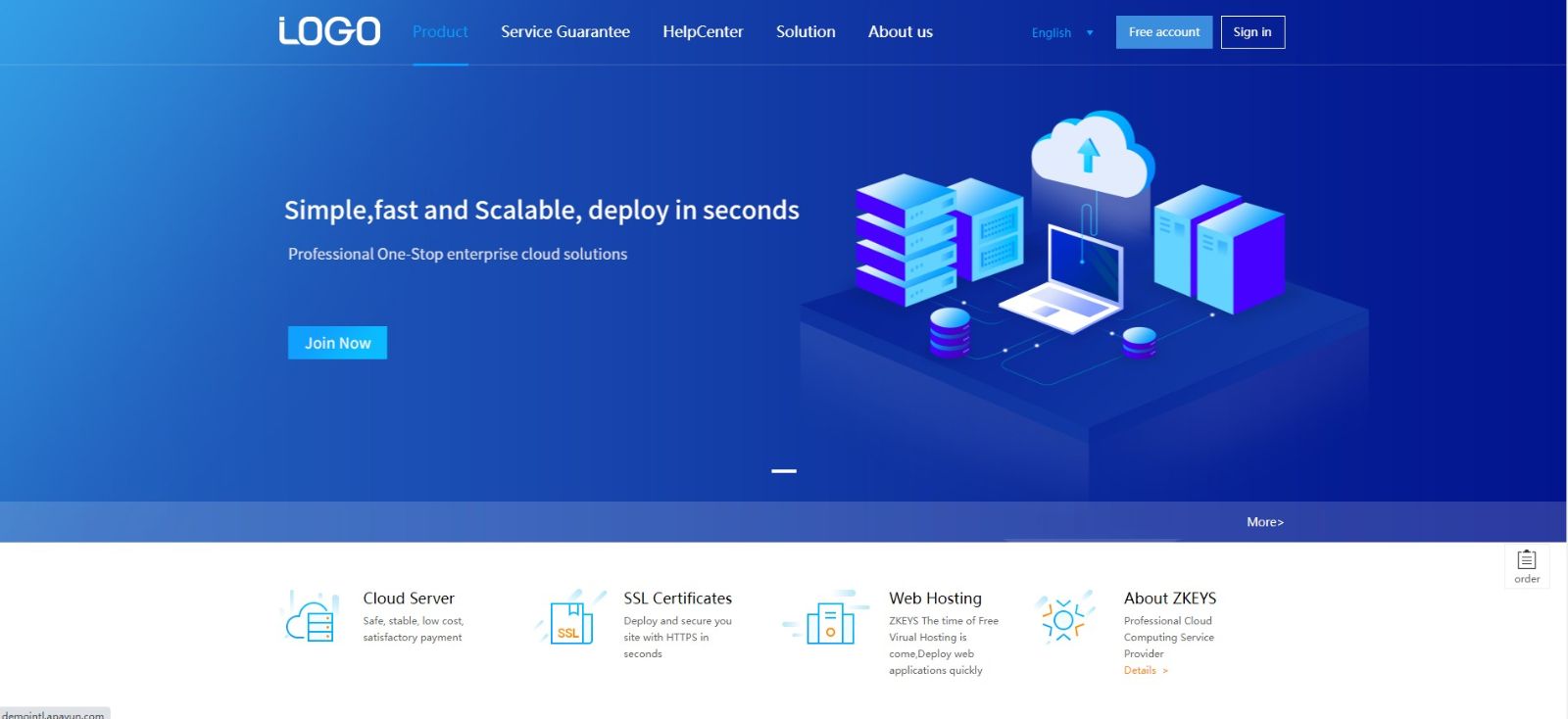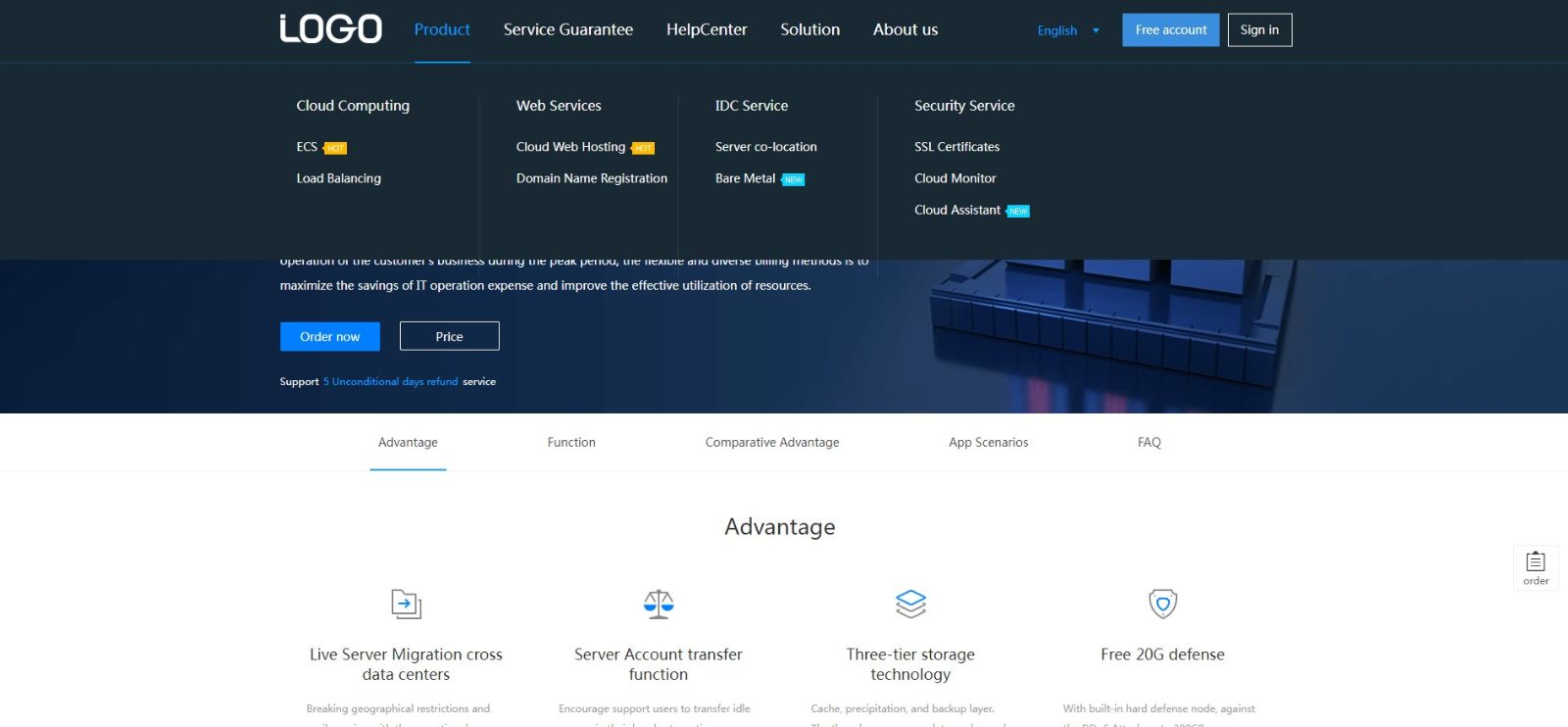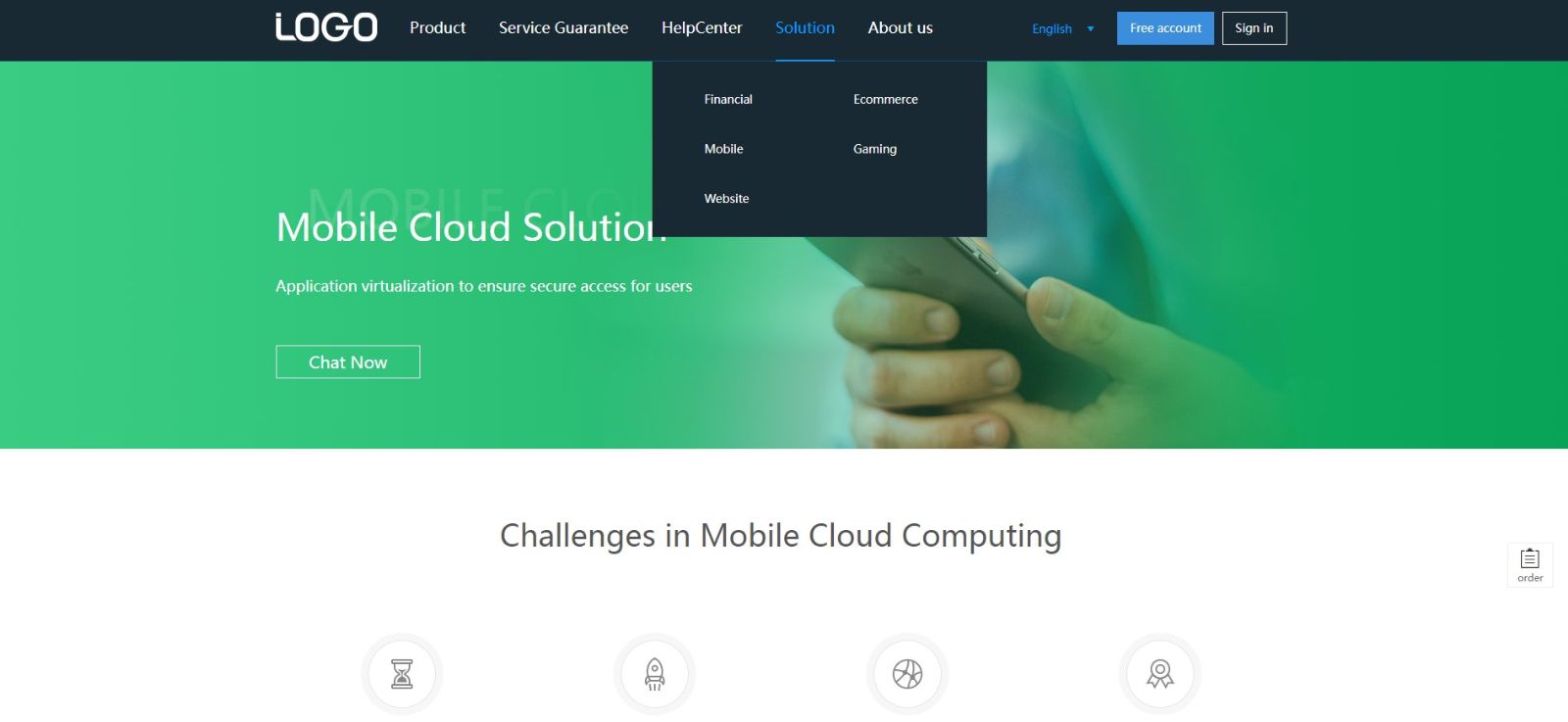
ISV CLOUD
1. Description:
Soft Valley adopts top supplier technology, which can develop, build and deploy the private cloud within the company or unit, and turn it into a public cloud.
It is suitable for all countries in the world to independently build their own cloud platform. It can not only become a private cloud for a certain type of application, but also change the public cloud of the cost country to provide leasing and technical services.
2. Relevant knowledge
1) What is a private cloud?
A private cloud is a cloud environment created specifically for end users and usually located within the user's firewall. Although the private cloud has traditionally operated internally, many enterprises now build private clouds in external data centers leased by suppliers.
If the underlying it infrastructure is proprietary to a customer with completely independent access, this cloud is a private cloud.
2) How does private cloud work?
Private cloud depends on several different technologies. As long as you understand the working principle of virtualization, you can understand the working principle of private cloud. Private cloud uses virtualization technology to combine resources from physical hardware into a shared pool. In this way, when creating an environment, the cloud does not have to move like ants, and can only virtualize one resource from different physical systems at a time. Scripted it processes can get all these resources from a single source in one stop, just like "purchasing" in a data supermarket.
After adding a layer of management software, cloud administrators can track and optimize the use, monitor integration points, and retain or recover data, so as to control the infrastructure, platforms, applications and data to be used in the cloud. Finally, add another layer of automation tools to replace or reduce manual operations, repeatable instructions and processes. So far, the cloud self-service components are gathered, and this series of technologies together constitute the private cloud.
3) Building a private cloud
Cloud infrastructure refers to the components required for cloud computing. Whether it is a private cloud, a public cloud or a combination of the two, the basic elements of cloud infrastructure are the same.
All clouds need operating systems like Linux Ⓡ but their infrastructure can include various bare metal, virtualization or container software, which can abstract, collect and share scalable resources in the whole network.
4) Why use private cloud?
If IT leaders want enterprise resources to be available on demand, but are unable (or unwilling) to switch to public cloud, private cloud is their ideal solution. This choice often depends on the security strategy, budget, or regulatory requirements adopted, just like the relevant norms in the healthcare and financial services industries.
Companies in these industries usually use encryption protocols and firewalls to ensure the security of their IT systems, but compared with the public cloud, the private cloud can also provide additional security protection for users by restricting access rights.
Second, whether you want to invest in private cloud infrastructure should also depend on the workload you need to support. For traditional stateful workloads, enterprise virtualization products can provide good support. However, for stateless loosely coupled workloads (common in the fields of development, research and communication, especially in the field of network function virtualization), private cloud can provide better support.
5) Advantages of private cloud
Private clouds help reduce underutilization of capacity. With the help of private cloud, enterprises can automatically configure and reconfigure various resources in the required way, and these resources are not limited to the underlying physical hardware.
In addition, private cloud has other advantages, such as:
Increase infrastructure capacity to meet higher computing and storage requirements
Provide various services on demand through self-service user interface and policy based management
Efficiently allocate resources according to user needs
Improve global overview of the entire infrastructure resources
6) Private cloud storage
Under the influence of big data and Internet of things (IOT), private cloud storage is very important to enterprises. Especially in the current era, it is difficult to show its value long after data creation, and its role is more prominent. Private cloud uses software defined storage (SDS) to archive and classify data. CEPH is a more common SDS solution for private clouds, especially those deployed using soft Valley clouds. It is very suitable for the cloud because it unifies the storage of objects, blocks and files into one resource pool.
7) Partial interface



Tips:
It can provide R & D services in multiple languages.
3. Price scheme
Softvalley provides dedicated and self-developed private cloud management software. The underlying technology is consistent with Alibaba cloud and Huawei cloud, stable and reliable. It can meet the cloud computer application needs of a medium-sized country and can be expanded at any time.
Please consult the work order for the price.










